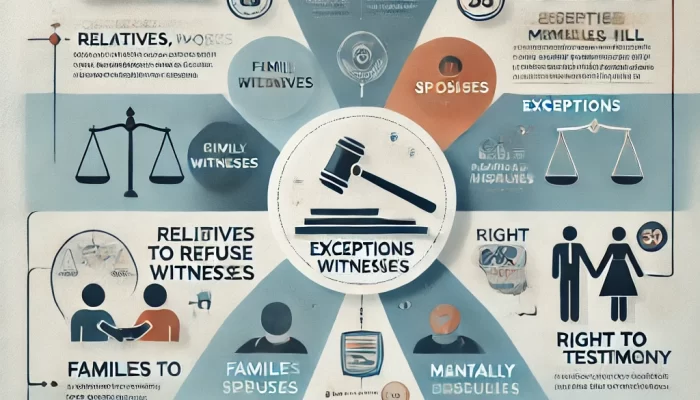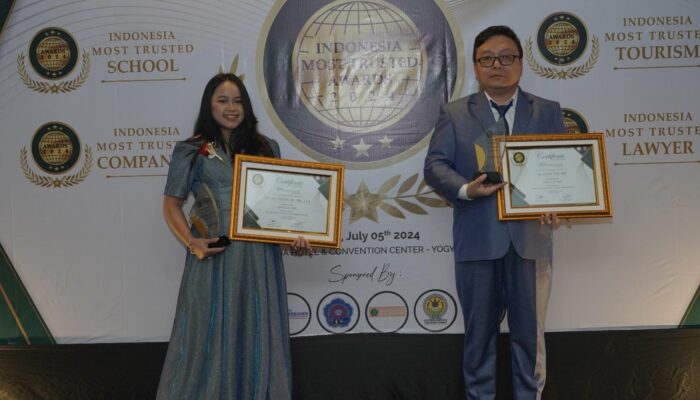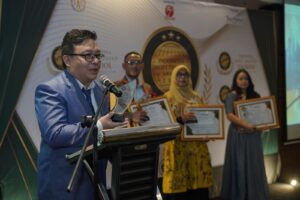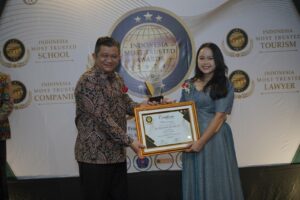In civil trials, a witness is someone who directly sees, hears, or experiences a legal event, and their testimony can serve as one of the considerations in resolving a case. According to Article 1866 of the Indonesian Civil Code (Kitab Undang-Undang Hukum Perdata, abbreviated as BW), the forms of evidence are as follows:
- Written evidence;
- Witness testimony;
- Presumptions;
- Confessions;
- Oaths.
However, not everyone can serve as a witness in civil litigation. The Indonesian Civil Procedure Code (Hukum Acara Perdata), particularly Revised Indonesian Civil Procedure Code (H.I.R (Herzien Inlandsch Reglement)) Article 145, sets specific restrictions on who may testify as a witness.
Restrictions on Witnesses
Article 145 of H.I.R states that the following individuals cannot serve as witnesses in civil trials:
- Direct relatives and in-laws
This includes direct family members or in-laws of the parties involved. - Spouses
Even if divorced, a former spouse cannot act as a witness against the other party. - Minors under 15 years of age
If it cannot be confirmed that the witness is at least 15 years old, their testimony is invalid. - Mentally ill individuals
Even if the individual occasionally has clear memory, their testimony is not considered valid evidence.
Exceptions
Despite these restrictions, there are exceptions where such witnesses may testify:
- Family disputes
In cases involving family matters such as marriage, divorce, or child custody, direct relatives or in-laws may act as witnesses. - Labor disputes
For issues related to employment contracts (e.g., termination, severance pay, or labor rights), these restrictions may be waived.
Right to Refuse Testimony
Article 146 of H.I.R grants certain individuals the right to refuse to testify, including:
- Siblings and their spouses from either party;
- Direct blood relatives and siblings of the husband or wife of one of the parties;
- Any person who, by virtue of their job or position, is legally bound to maintain confidentiality; but only regarding matters entrusted to them.
This protects witnesses from being forced into difficult situations, ensuring their rights and privacy.
Legal Consequences
If a prohibited person is compelled to testify in a civil trial, their testimony is of limited legal value. While they may appear in court, they are not sworn in, and their testimony cannot be used as valid evidence.
Conclusion
The restrictions on witnesses in Indonesian civil trials reflect the legal system’s commitment to fairness and the reliability of evidence. By specifying who can and cannot testify, and allowing exceptions in particular circumstances, the law ensures that the evidence presented in court is both credible and appropriate for the case at hand.















